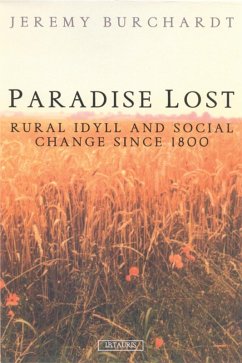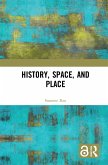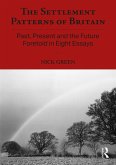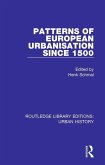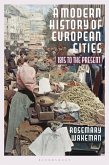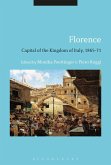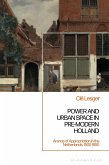The enduring 'Town versus Country' debate lies at the root of modern British society. How far did the idealization of the countryside by artists and writers since the Industrial Revolution foster anti-urban, anti-industrial values? How have such values affected government policy, social structure and economic dynamism? Did post-war developments, in particular rural-urban commuting and environmentalist criticism of modern 'industrial' farming, undermine the traditional distinction between town and country, or are they themselves symptoms of the continuing allure of the rural idyll? This book will demonstrate the remarkable influence that attitudes to the countryside have had on the evolution of modern British life.
Bitte wählen Sie Ihr Anliegen aus.
Rechnungen
Retourenschein anfordern
Bestellstatus
Storno

